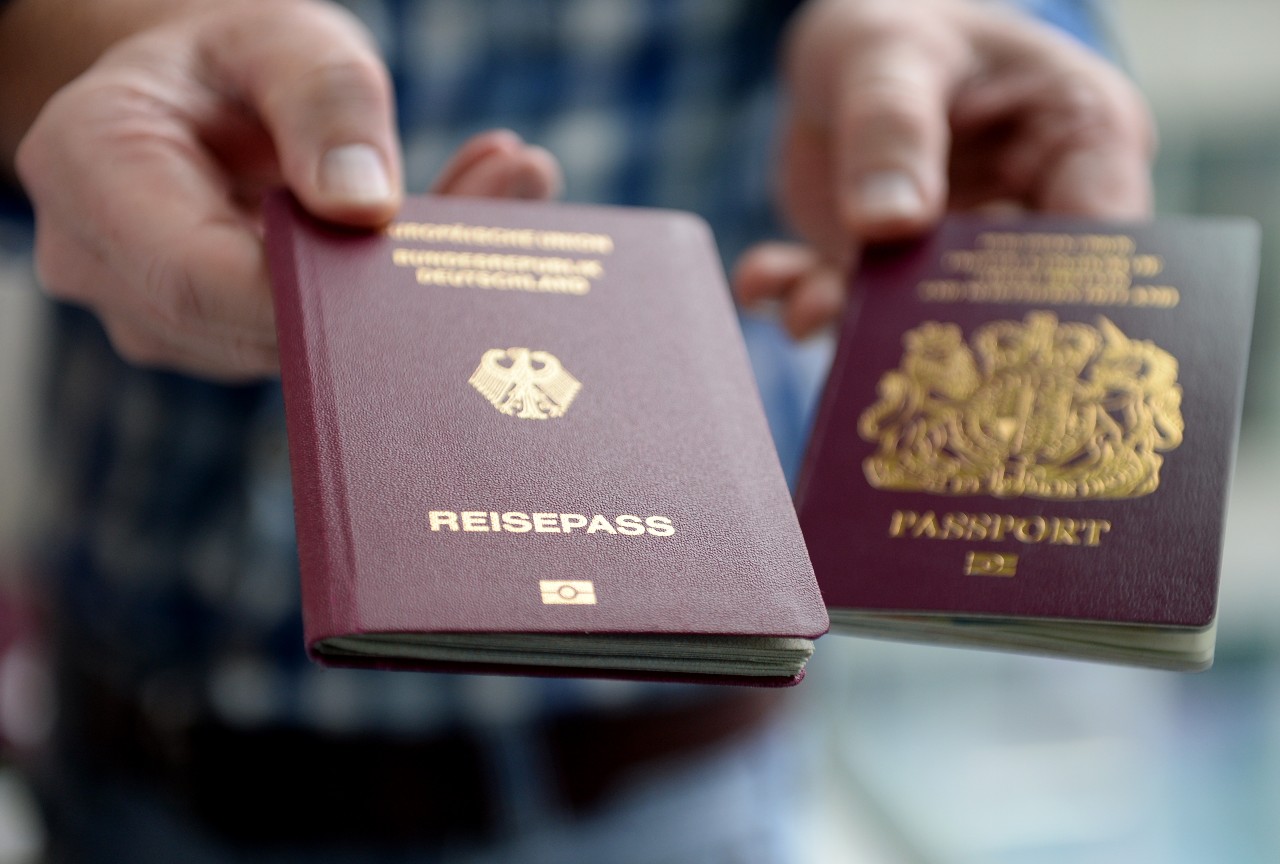Taxes and benefits changes
The tax-free income threshold is set to rise by almost €700, and the Kinderfreibetrag (Children's tax exemption) by over €350. Fewer people will be paying the so-called 'Solidarity Tax', with the exemption threshold being raised by almost €600.
After a barrage of criticism, the total amount of Elterngeld that parents on maternity leave get will drop to €200,000 in 2024, with a further €25,000 drop the next year, to €175,000.
Energy price caps will also be ending by the start of 2024.
For the specifics, check out our dedicated money and tax article:
Property woes
Prospects for the German property market don't look great for 2024, with rents increasing, and a lack of properties to buy. The market may see a recovery, according to analysts, but not before the final quarter of the year.
Dual citizenship to be allowed for non-EU nationals naturalising as German
It's been a long road with several delays, but 2024 is expected to be the year that Germany passes its new citizenship law. The new legislation was debated in the Bundestag in the last week of November, with two more readings to be scheduled before a vote is held. If the law passes, it should come into effect around April.

Under the new legislation, dual citizenship will be permitted by the German government for everyone - and not just EU nationals. Foreign nationals will be allowed to apply for German citizenship after five years - a significant reduction from the current eight.
PODCAST: The next steps for Germany's dual citizenship law and what will change in 2024
More significant law changes
Germany's revised two-stage plan for the legalisation of recreational cannabis missed its window for debate by the Bundestag in 2023. This places the mooted April 1, 2024 passage of the bill in question, but there's still a possibility that it will be voted for, and passed by, the government next year.
Under the proposed, revised legislation, adults will be able to possess up to 25 grams of cannabis for their recreational use, and cultivate three plants.
On immigration law, after an easing of eligibility restrictions in 2023, in addition to the 'Blue Card', skilled workers from non-EU countries will be able to obtain an 'Opportunity Card' that allows them a year to search for a job in Germany, provided they can financially support themselves.
Euro 2024 in Germany
Almost six years after a vote by UEFA in Nyon, Switzerland, Germany will be the host of the 2024 European Football Championships, from June 14th until July 14th. Ten venues across the country are being used with matches in Berlin, Cologne, Dortmund, Düsseldorf, Frankfurt, Gelsenkirchen, Hamburg, Leipzig, Munich and Stuttgart being scheduled.
A new round of ticket sales began on December 4th, and we'll keep you up to date with developments regarding the final allocation early next year.
Bottle deposit system expands
From January 1st, the deposit or Pfand regulation will also apply to previously deposit-free milk, mixed milk beverages, and drinkable milk products offered in one-way plastic beverage bottles.
If drinks are part of the scheme, they will carry the 'Pfand' logo. The aim is that supermarkets and discounters will stop selling drinks in non-returnable bottles or cans without a deposit.
You can take the item back to the shop and recycle it to get the deposit back so you won't lose money.
READ ALSO: How Germany plans to expand its bottle deposit scheme in 2024
VAT to go up in cafes and restaurants
The cost of meals at cafes and restaurants is likely to change in 2024.
That's because the German government has decided to raise the VAT back up to 19 percent from seven percent.
The tax had been lowered as a measure against increasing inflation due to the energy crisis.
The cost of eating out has already gone up significantly - so this will be another hit on people's wallets, and will also affect restaurant owners.
READ ALSO: How Germany's plans to hike VAT in restaurants and cafes will affect you
More train and plane routes
Travellers rejoice: there will be a number of new services connecting German to surrounding countries in 2024, with several being sleeper services. A proposed solution to carbon-intensive short-distance flights, several European train providers have invested in the concept. The new routes will reach cities in Poland (Warsaw and Krakow), Austria (Graz), the Netherlands (Amsterdam) and Hungary (Budapest).

European Sleeper also plans to expand its existing Brussels to Berlin service, to also include Dresden and Prague.
For those wanting to venture further abroad, more flights will be available from Germany in 2024. New routes from Frankfurt to Calgary in Canada and San Antonio in the United States will commence via Condor. Lufthansa will also increase their offerings in Munich and Frankfurt, to such US cities as Tampa.
Eurowings will also be flying to Erbil in Iraq and Yerevan, Armenia's capital. More details can be found here.
EXPLAINED: How travelling by train from Berlin to the UK is now easier
Public holidays
Finally, workers in Germany will have a slew of public holidays in 2024. We discovered that if you're looking for more days off, consider a move to Bavaria - specifically, the charming city of Augsburg. It's the city in Germany enjoying the most scheduled holidays, both religious and secular.

Comments